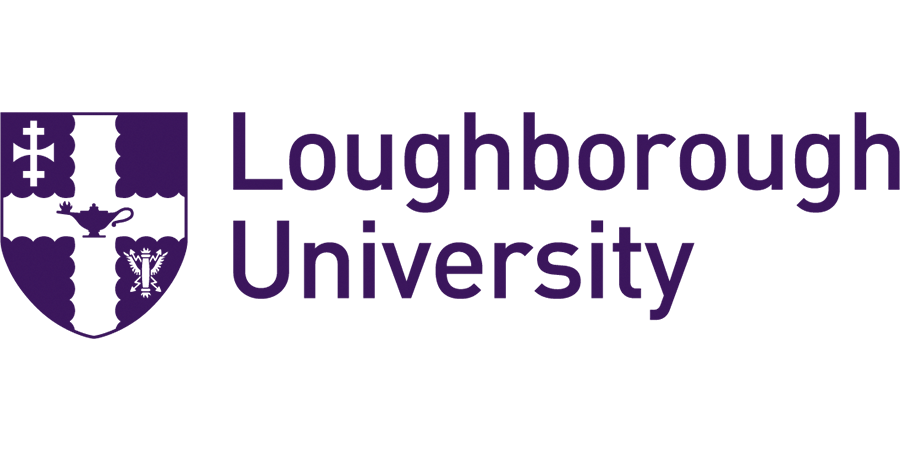PhD Studentship : Oceanic island insights into river-driven volcanic landscape evolution
Loughborough University
| Qualification Type: | PhD |
|---|---|
| Location: | Loughborough |
| Funding for: | UK Students, International Students |
| Funding amount: | £20,780 per annum |
| Hours: | Full Time, Part Time |
| Placed On: | 28th October 2025 |
|---|---|
| Closes: | 7th January 2026 |
| Reference: | CENTA2026-LU04 |
Volcanic islands are exciting real-world climate and landscape laboratories. When geologically young (<10Ma) they provide a simplified and spatially limited setting for testing landscape evolution theories and models. This project aims to develop new insights into how bedrock incision processes interact with geological and climatic factors (i.e. spatially variable uplift, shield building, mega-landslides, orographic rainfall effects and extremes), using the volcanic island of Tenerife as a case study.
Some work has been done (e.g. on Hawaii), but knickpoint geometry and using state-of-the-art streampower modelling offer the opportunity of dramatic new insights. The findings will provide a window into the wider question of the impact of extremes (e.g. in rainfall) on ocean islands, itself reflective of how a changing climate shapes planet Earth.
Our hypotheses, which you will refine and test are:
1. Bedrock channel incision in Tenerife is locally controlled by the climatic regime.
2. River profiles will yield spatially varying uplift information on timescales of ~1-10 ka, complementing the historical or archaeological ( 0.1 Ma) records.
Pilot fieldwork has identified key sites (e.g. varying lithology, climate, catchment size), with sediment and laser scanning data offering a secure and rapid start to the work. This PhD has an international supervisory team providing expertise in volcanic island evolution, bedrock erosion and modelling.
Entry requirements:
Applicants will normally need to hold, or expect to gain, at least a 2:1 degree (or equivalent) in Geography, Earth Science or Environmental Science, Computer Science, Engineering, or an appropriate Master’s degree.
English language requirements:
Applicants must meet the minimum English language requirements. Further details are available on the International website
Funding information:
This studentship which is partially funded by NERC, provides a tax-free stipend of £20780 per annum (in 2025/26) and tuition fees at the UK rate for 3.5 years. It also provides a Research Training Support Grant (RTSG) of £8,000. Due to UKRI funding rules, no more than 30% of the studentships funded by this grant can be awarded to International candidates, but successful International candidates will have the difference between the UK and International tuition fees provided by the University.
How to apply:
1. Complete a CENTA studentship application form in Word format (available from https://centa.ac.uk/apply/) under the ‘Our project-based studentships’ section on that page.
All applications should be made online. Under Campus, please select ‘Loughborough’ and select the Programme “Geography & Environment”. Please quote the advertised reference number ‘CENTA2026-LU04’ in your online application. During the online application process, upload the CENTA studentship application form and a CV in addition to the other required minimum supporting documents.- Application closing date is midnight (UK time) on Wednesday January 7th 2026. Interviews for short-listed candidates are expected to be held sometime in the period Monday February 2nd – Friday February 13th 2026.
Advert information
Type / Role:
Subject Area(s):
Location(s):









